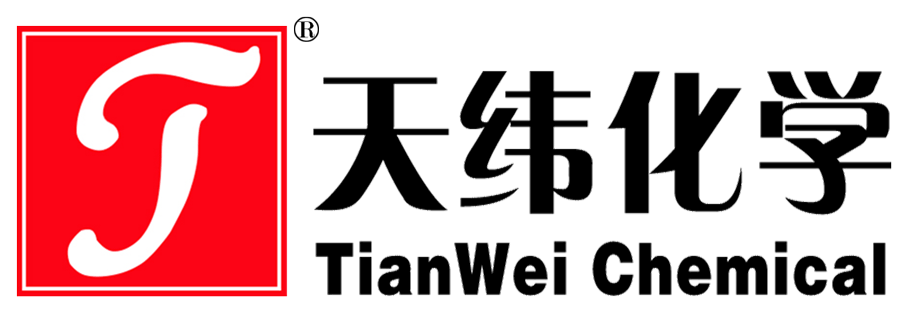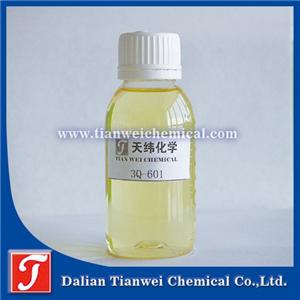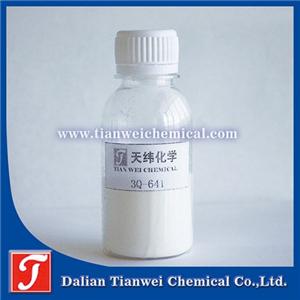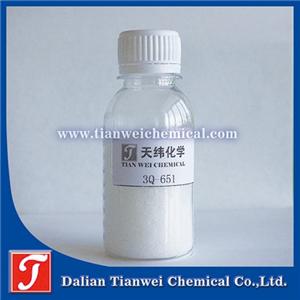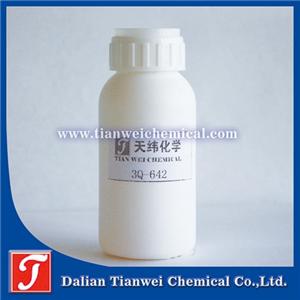About Bropol (Brominol, BNPD, Bronopol) antiseptic preservatives, you read this article is enough(三)
Fourth, the effect of additives on Broble
Common auxiliaries do not affect the antiseptic activity of brobul, but an appropriate amount of surfactants will enhance the ability of brobul to penetrate cell membranes. However, it is also affected by some substances, such as the formation of imide and nitrite amine with amines and amides. Appropriate use of antioxidants can inhibit the formation of these substances. In addition, compounds containing Sh-group and cysteamine can also inhibit its action.
Safety evaluation
Bropol is a moderately toxic compound. The acute transoral LD50 of Broball was 180-400 mg/kg in rats and 250-500 mg/kg in mice. For dogs, 250mg/kg; Acute percutaneous LD50 of rats was greater than 1600mg/kg; Acute inhalation of LC50(6 hours) > 5mg/L air. It has moderate irritation to rabbit skin and slight irritation to rabbit eyes. The acute transoral LD50 of wild ducks was 510mg/kg. Rainbow trout LC50(96 hours) was 20.0mg/L. The LC50(48 hours) of Daphnia was 1.4mg/L.
Tests on skin and mucous membranes: When the bropol concentration is below 0.5% concentration, there is no irritation to the skin and mucous membranes. When using 0.5% Bropol diluent (10 times higher than the used concentration), the rabbit skin was subjected to one-time stimulation test, and the result was light irritation.
Use suggestion
Broball is a low toxicity, broad spectrum and efficient anti-mildew fungicide, its safety meets the cosmetic hygiene standards, widely used in drugs, various industrial detergents, household hygiene detergents, shampoo, conditioner, bath liquid, skin care cream cream cosmetics, a variety of nutritional protein water and other anti-mildew anti-corrosion. At the same time, industrial circulating water and anti-mildew sterilization in leather industry are also widely used. Broball has good bacteriostasis and mildew prevention effect, and has a wide range of pH values. However, it is unstable under high temperature and alkaline conditions, and substances containing -SH group in the raw material, such as cysteine, will reduce the antibacterial ability of Bropol. It darkens in sunlight; Metal materials such as aluminum and iron will reduce its bacterial activity. The recommended concentration is 0.02~0.05%. Bropol is best added at temperature ≤50℃.
